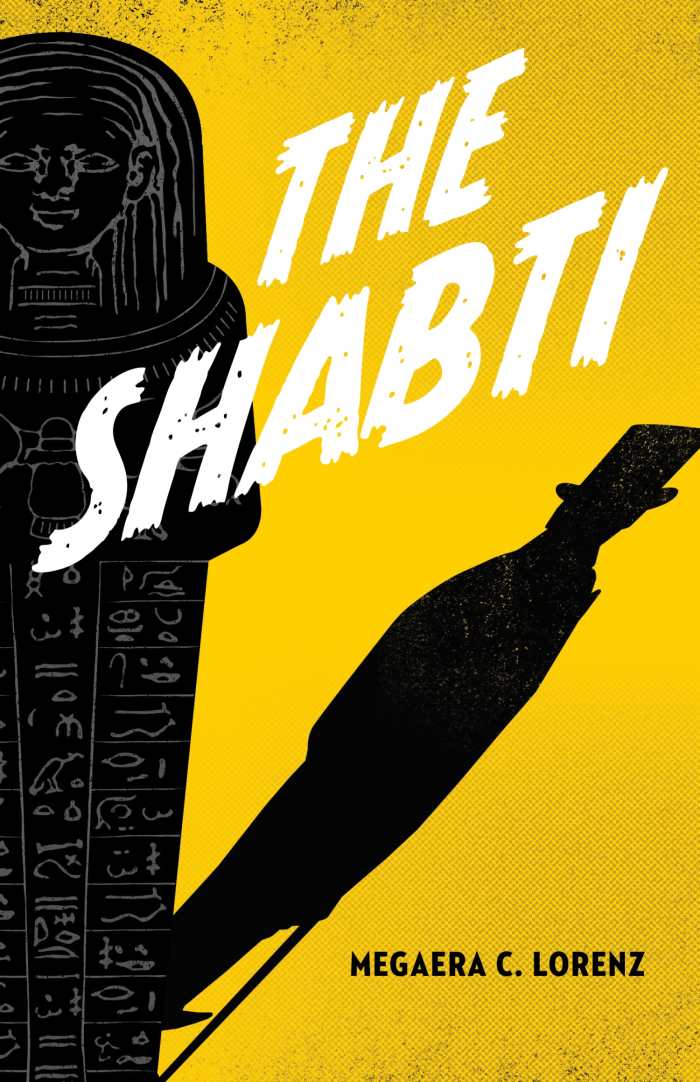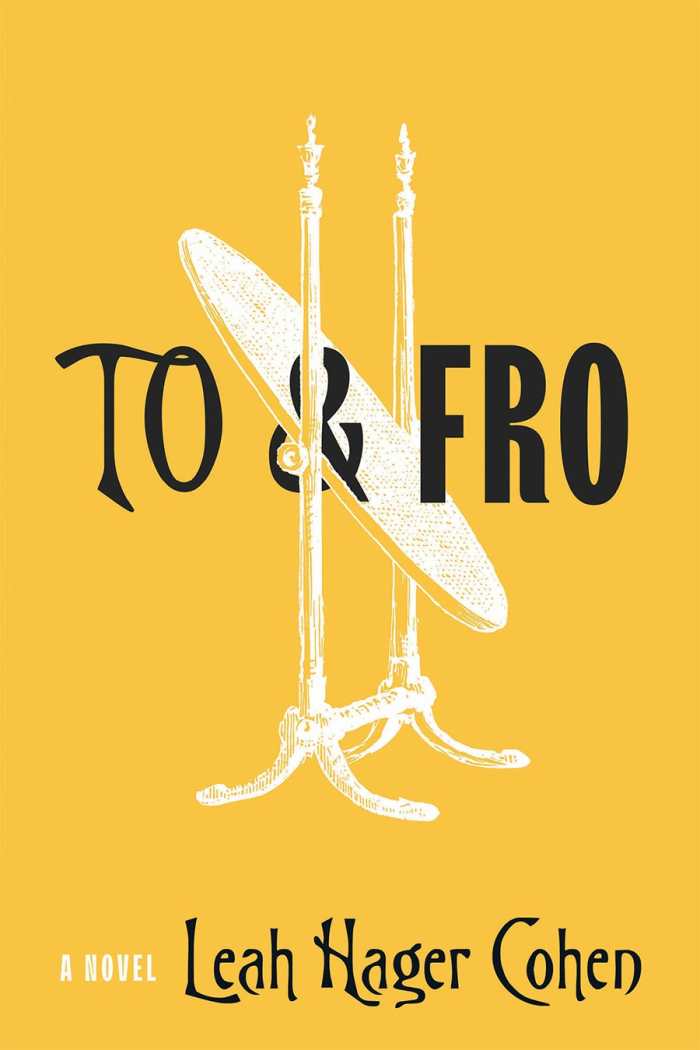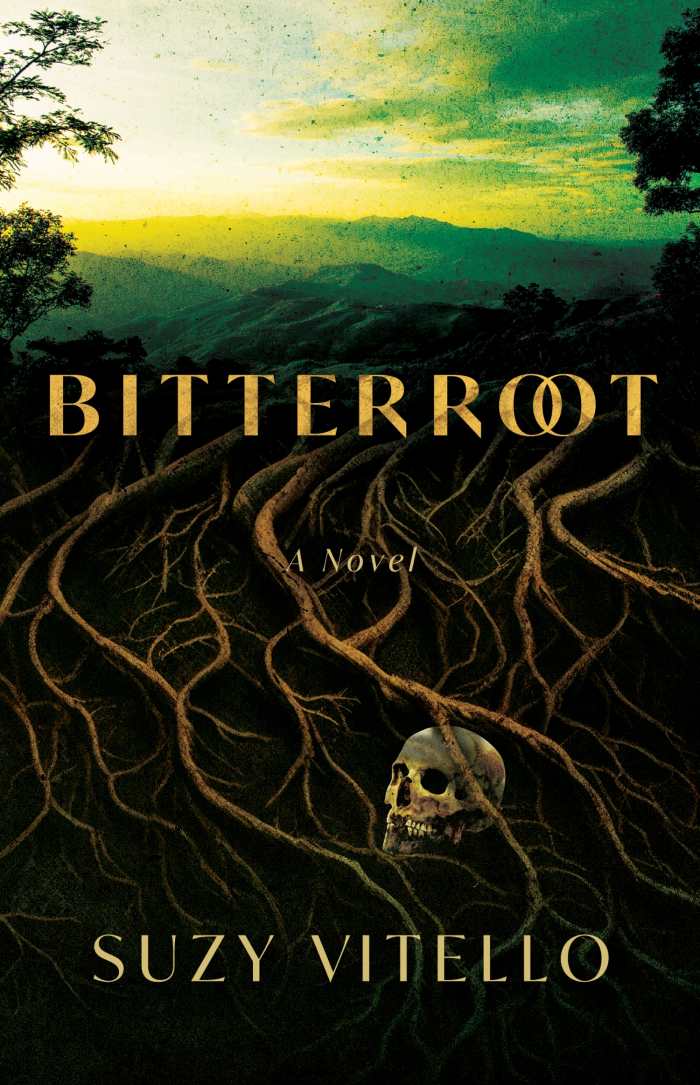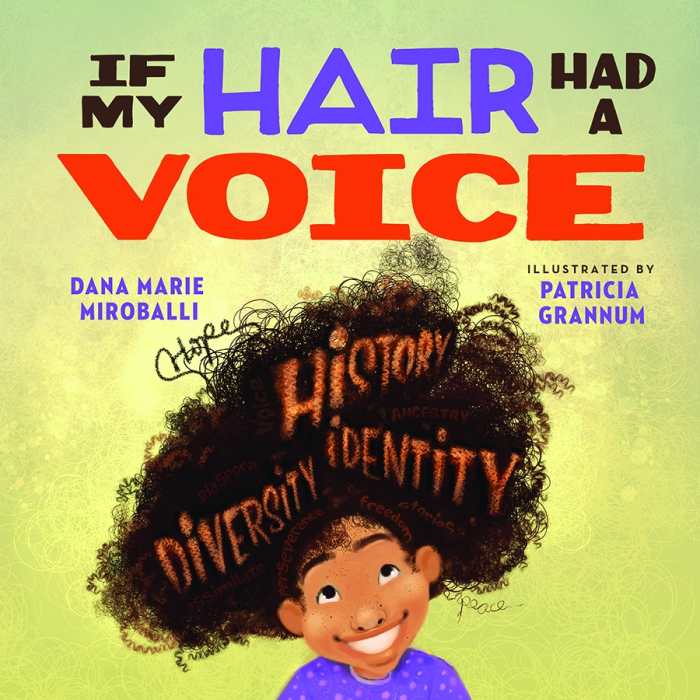Book of the Day Roundup: May 20-24, 2024
The Shabti

Megaera C. Lorenz
CamCat Books
Hardcover $29.99 (336pp)
978-0-7443-1009-2
Buy: Local Bookstore (Bookshop)
A former confidence man confronts a haunted ancient Egyptian artifact while running from his past in Megaera C. Lorenz’s novel The Shabti.
Dashiel, a former fraudulent medium, makes a meager living holding shows revealing his former trade’s tricks. After one show, a professor, Hermann, enlists Dashiel’s help investigating an afterlife figurine’s supernatural properties. As their relationship blossoms, Dashiel’s past catches up to him in the unhinged form of Porphyrio, his ex-lover and -partner.
Despite its familiar occult framework, the novel is distinguished by its characterizations. Hermann is endearing—quiet, unassuming, and wholesome. His affection for Egyptology is genuine, and his restrained reactions to the shabti’s purported mischief are matter-of-fact. At one point, based on the customary offerings of ancient Egyptians to the dead, he offers the shabti a polite note of inquiry and a Danish pastry in an attempt to placate its rage. And he treats Dashiel with unconditional support and patience as the former learns to open up.
Even so, it’s Dashiel who steals the show. Beneath his glossy and charming street smarts, he is a morally gray trickster who is weighed down by his own regrets. His guilt and fears manifest in the form of a vengeful ex. Because he’s destitute, though, he still resorts to defrauding innocents of their money to afford meals or the next train out of town. Nonetheless, his dogged persistence in resisting his previous large-scale frauds, which were motivated by greed and his determination to protect those he cares about (including Hermann), make him a winning hero. He and Hermann develop immediate chemistry that flowers into a tender, loving relationship worth celebrating.
In the supernatural mystery novel The Shabti, a former fraudster faces off against malevolent ancient Egyptian forces and the ghosts of his own past.
ISABELLA ZHOU (April 25, 2024)
California Dreaming

Noa Silver
She Writes Press
Softcover $17.95 (312pp)
978-1-64742-660-6
Buy: Local Bookstore (Bookshop)
In Noa Silver’s novel California Dreaming, a recent college graduate tries to live up to her mother’s reputation.
Using her rebellious mother’s story as a template, Elena moves to Oakland with Teach for America. She’s sure her love of poetry will rub off on her students. Still, though her lesson plans include writers like Mary Oliver, she can’t figure out how to reach them. That she has to hold her class in a cafeteria corner doesn’t help.
Then Elena meets Kyle at a protest; their new love plus long discussions distract her. Her college roommate challenges her even more. And though Elena finally connects with a student, when her contract ends, she joins a small startup developing a reading application. Her life enters a series of shifts, including a move home, a second chance in the classroom, and a new look at family and herself.
Elena narrates, sharing intimate details about herself, relatives, and the places she goes. She tells her story in chronological order, though with occasional flashbacks that flesh out her motivations and rootedness in her family. For instance, her Jewish grandparents survived the Holocaust; the numbers tattooed on their skin are why she doesn’t have a tattoo.
The book addresses topics including the Occupy movement, shootings, Israel-Palestine, and racism; all figure into Elena’s growth: “The only white people [at school] were among the teachers—a fact that took me years to recognize as problematic.” And Elena has poetic sensibilities, making note of “jasmine … shrouded in white mist” and saying “you could taste the stickiness in the air.” She and others ponder subjects ranging from nostalgia, terms like slut versus prude, and how best to change the system.
A novel of deep questions and personal growth, California Dreaming reckons with the gap between expectations and experience.
LYNNE JENSEN LAMPE (April 25, 2024)
To & Fro

Leah Hager Cohen
Bellevue Literary Press
Softcover $18.99 (416pp)
978-1-954276-25-3
Buy: Local Bookstore (Bookshop)
Challenging its audience to find themselves within its heroines’ tales, Leah Hager Cohen’s magnificent turn-and-read novel To & Fro is a tour de force peek into the wilds and wounds of childhood.
Annamae, a linguist’s daughter in Brooklyn, sees “signs and wonders” everywhere. She makes promises to stars. She aches for the characters in stories, who ought to be afforded free will. She dances with her reflection, writes letters to unmet beings, and sees the colors and personalities behind the letters of the alphabet. In the mirror-fronted journal that keeps her company, she makes a record and channels words not yet understood, as with a calliope-echoing poem: “Many times I have seen you / But you have not seen me // Wandering / You call my name // I hold out my hand / You don’t see…”
In a land that is much different than, but that in many ways also mirrors, Annamae’s: Ani, who once left her cherished mother beside living waters in a cave, puts a kitten, Company, in a bike basket and sets off down the road. She doesn’t know quite where she’s going, but she feels the pull—toward a port market with “owls, pomegranates, ice, medicine. Glass eyes—false teeth—wigs—butter—wives!”; toward the realization that “through stories we find we are not alone.”
By design: different readers will read this novel differently. They will find what they are meant to find. They will learn that its white space “makes room for our questions.” And they will come away comforted, or changed, or believing that they are the friends who Annamae seeks. There are messages herein, for those who dare to receive them.
With “nary an end” and triumphs aplenty, To & Fro is a luminescent novel that makes treasures of childhood wonder, whose heroines’ curiosity reflects the wisdom of sages.
MICHELLE ANNE SCHINGLER (April 25, 2024)
Bitterroot

Suzy Vitello
Sibylline Press
Softcover $18.00 (296pp)
978-1-960573-96-4
Buy: Local Bookstore (Bookshop)
Bitterroot is an intricate novel—a tapestry of family dynamics, generational trauma, and the pursuit of social justice in a small town.
In Steeplejack in Idaho’s Bitterroot Mountains, Hazel, a forensic artist, is used to seeing death up close. But then her husband dies in a car accident, and her twin brother, Kento, is assaulted. Kento’s attack is orchestrated by a member of the town’s anti-LGBTQ+ community––the ex-husband of Corinda, Kento’s surrogate mother. Threatened by homophobia and racism, Hazel learns to navigate her new normal. As she defends her brother, she unearths unsettling revelations about her late husband and her own Japanese heritage.
The prose is captivating and immersive, and the story pulsates thanks to its rich, small-town atmosphere. Hazel’s emotional descent mirrors the bleak winter landscape as she trudges through the slushy snow; her fury mirrors the tempestuous thunderstorm that plunges the town into darkness. And in the course of people’s purposeful, realistic exchanges, moments of dark humor shine through: Hazel’s mother-in-law makes an irreverent comparison between her son’s ashes and “a bag of dog poo.” And Hazel possesses a dry wit, rolling her eyes as she deals with whiny Corinda.
Character dynamics drive the narrative. The connections between Hazel, Kento, and Corinda are intimate; their switching alliances are unpredictable yet engaging. Themes of racism, homophobia, and intergenerational trauma intersect as Kento’s struggles as a gay man of Japanese descent are juxtaposed with Hazel’s privilege as a white-passing woman, illuminating complex layers of identity and oppression.
In the novel Bitterroot, a woman comes to terms with her past and challenges her present circumstances in order to seek redemptive justice.
ALLISON JANICKI (April 25, 2024)
If My Hair Had a Voice

Dana Marie Miroballi
Patricia Grannum, illustrator
Beaming Books
Hardcover $17.99 (40pp)
978-1-5064-9360-2
Buy: Local Bookstore (Bookshop)
Natural hair is used to mark and explore a connection to community and identity in this affirming, educational picture book about Afro-textured hairstyles and their history. When yet another comb breaks off in her hair while Granny styles it, Kimya apologizes and asks if they can straighten it instead. Her grandmother tells her, “If your hair had a voice, it wouldn’t cry or apologize,” prompting Kimya to set out on a quest to discover the stories her hair has to tell.
DANIELLE BALLANTYNE (April 25, 2024)
Kathy Young
